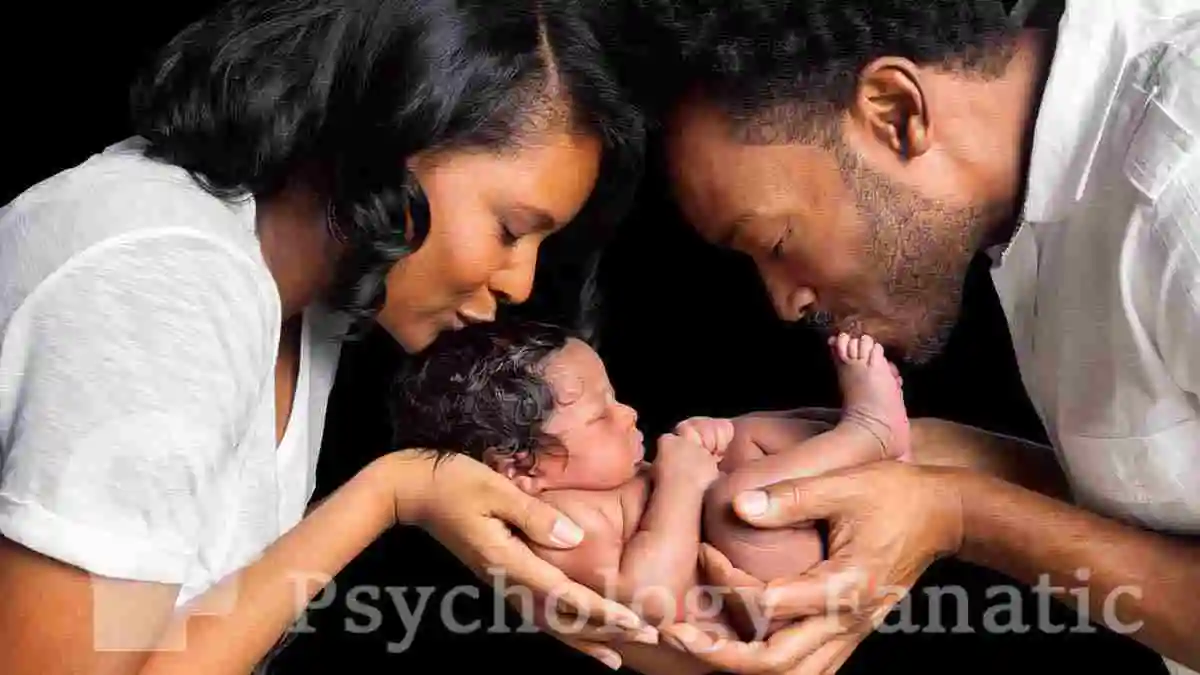Codependency is a concept referring to imbalanced relationships where one person enables another person’s addiction, poor mental health, immaturity, irresponsibility, or under-achievement and/or undermines the other person’s development. Codependency is a relationship entanglement, greatly complicating interactions.
We should differentiate between depending on another person — which is a positive and desirable trait, necessary for trust — and codependency, which is harmful. Susan Jeffers wrote, “dependency in a relationship creates some very unattractive side effects-anger, jealousy, resentment, clinging, nagging-all very unpleasant to live with. These self-defeating qualities are the result of a deep-seated fear of losing that which we see as the basis of our entire identity” (2023, p 125). In codependency, the individual sacrifices self-respect, sacrificing the integrity to maintain personal values in hopes of finding security from an external source, namely their partner. Self respect requires maintaining some autonomy.
Key Definition:
Co-dependency is a behavioral condition in a relationship where one person enables another person’s addictive or self-destructive behavior. This can manifest as an excessive reliance on the needs of others for self-esteem and identity, while neglecting one’s own needs and well-being. Co-dependent individuals may often feel responsible for the actions of the person they are enabling, and have difficulty setting boundaries. This pattern can be detrimental to both parties involved and often requires professional intervention for resolution.
Power of Love
Our drive to belong is powerful. Because of this innate drive to connect, we experience forceful emotions in relation to love and relationships. wrote Gay Hendricks and Kathlyn Hendricks wrote “love is a powerful force. If we do not know how to handle its power, we slip very quickly into its powerfully painful distortions, such as conflict and co-dependence” (2009, Kindle location 205).
Managing these drives begins with experiencing healthy relationships in childhood, and then having emotionally safe relationships throughout our development. When we experience abuse at any level of development, the toxic relationship impacts our sense of security. As a protective response, we may begin to implement maladaptive behavioral protections, such as codependency.
Codependency Between Parent and Child
While typically we envision codependent relationship in regard to romantic partners, however, they are also common between parent and child. In these relationships a parent place an unrealistic and unfair demand on a child to fulfil their security needs. Paul Kurtz wrote, “if parents cannot let go, and the child is loved because he or she helps a parent satisfy his or her unfulfilled dreams and interests, then the love for the child may be parasitic. In insisting that my children remain dependent upon me, I depend on them, and I won’t let go. This is the love of authoritarian personalities who do not have respect for their children as autonomous persons” (1997).
Healthy Dependence
Healthy dependence is when two people rely on each other for support and love, sharing in responsibilities. Both partners find value in the relationship. We can’t describe or measure the perfect level of dependency for strong bonds. Each relationship is different. Partners match up with different belonging needs. Some individuals keep extreme independence in their relationships. But, it works with both partners. They bond and share and a limited level.
In other relationships, both partners are especially clingy. They hold tightly and bond. Both styles have inherent blessing and risks. The problem often encountered, however, is mismatch in style. On partner clings in fear of abandonment, willing to sacrifice autonomy, while the other feels smothered, engulfed by the relationship, unwilling to compromise any elements of self for the relationship.
In codependence partners lose individual identities, interests, or values outside of the relationship. Basically, a person sacrifices autonomy as a way to prevent losing a partner. We build Codependency on fear; However, we build healthy dependence on trust.
One or both partners can exhibit codependent behaviors.
References:
Hendricks, Gay; Hendricks, Kathlyn (2009). Conscious Loving: The Journey to Co-Commitment. Bantam; Reprint edition.
Jeffers, Susan (2023). Feel the Fear… and Do It Anyway: Dynamic Techniques for Turning Fear, Indecision, and Anger into Power, Action, and Love. Harvest
Kurtz, Paul (1997). Courage to Become: The Virtues of Humanism. Praeger.
Resources and Articles
Please visit Psychology Fanatic’s vast selection of articles, definitions and database of referenced books.
Topic Specific Databases:
PSYCHOLOGY – EMOTIONS – RELATIONSHIPS – WELLNESS – PSYCHOLOGY TOPICS






